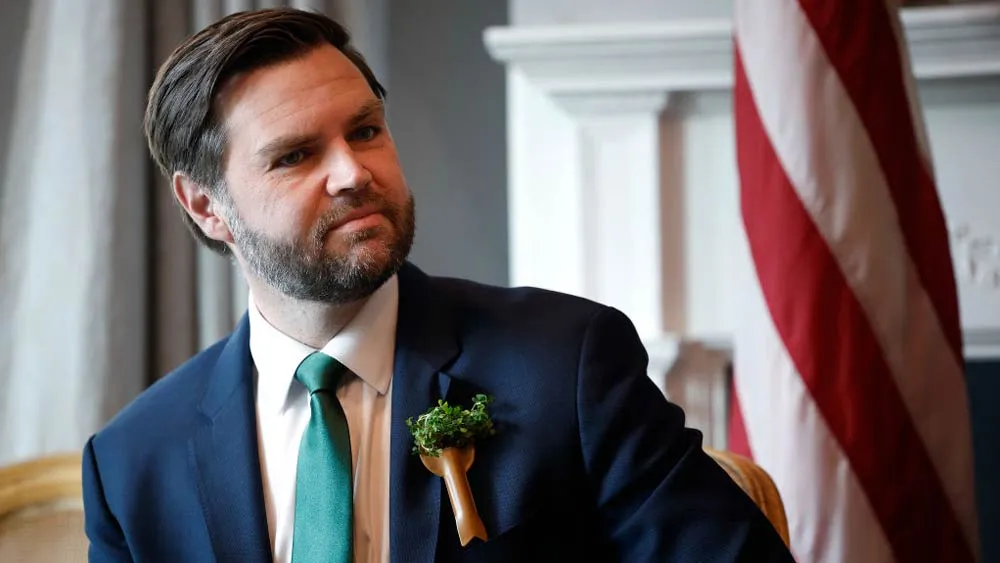April 30, 2012
Big Business Silent on NC Gay Marriage Amendment
Jason St. Amand READ TIME: 3 MIN.
As a gay man who believes America's strength comes from its diversity, Stephen Dull is opposed to North Carolina carving the existing ban on gay marriage into the state constitution.
Dull is one of a handful of corporate executives who have publicly voiced an opinion on the amendment voters will decide May 8. The corporations have been silent.
Dull is the vice president for strategy and innovation at Greensboro-based VF Corp., the parent company of clothing brands including The North Face, Nautica and Lee jeans. His corporation and others in North Carolina's influential business establishment haven't taken a public stand on the amendment, a contrast to Starbucks and Microsoft, whose support helped sway lawmakers in Washington state before gay marriage was approved there in February.
North Carolina's chamber of commerce hasn't heard much from its members on the amendment and is staying neutral, CEO Lew Ebert said. Corporate neutrality is the aim of the National Organization for Marriage, a Washington, D.C., group fighting against gay marriage as North Carolina, Minnesota, Maryland and Maine head toward ballot measures this year. Washington state's gay marriage law could be put on hold by a referendum effort that would leave the decision to voters.
The statewide organization leading support of the amendment sent letters to the state and local chamber chapters. "We were requesting neutrality," said Tami Fitzgerald, chairwoman of Vote FOR Marriage NC.
Business leaders who support the amendment have stayed silent for fear of becoming targets of boycotts and public attacks, Fitzgerald and other supporters said.
"It's not a business issue and the problem of a business leader speaking out in favor of it is that they get a boatload of hate mail and harassment. That also happens to politicians, but we're paid to do that," said House Majority Leader Paul Stam, R-Wake, one of the amendment's key legislative backers.
Stam and Fitzgerald dispute that passing the amendment and solidifying the prohibitions against gay marriage would lead some companies to rethink their North Carolina presence.
"It's certainly not hurting business development for South Carolina and Virginia. We're constantly competing with those two states for business development," Fitzgerald said.
It's clear even companies that place a high priority on diversity don't really have other options if they want to be in the growing, union-limited Sun Belt.
Nearly 30 states have constitutional provisions defining marriage as between a man and a woman, according to the National Conference of State Legislatures. North Carolina is the only state south of Washington, D.C., and across most of the country's interior now without a constitutional amendment banning gay marriage.
Dull - like executives at Bank of America and Duke Energy who have spoken out - believes the amendment's passage would signal North Carolina is less welcoming to some at a time when recruiting the best talent is global. Southern states have largely overcome their legacy of racial discrimination, Dull said, but the memories of those days linger.
"Everyone has their own images of the South and often they're not going to be positive. It's because if you haven't lived here you don't know how great it can be or how great the people are and you've gotten your impression from movies. We already have to battle that," Dull said.
Facebook co-founder Chris Hughes said in a letter to legislators last fall he got the feeling growing up in a conservative North Carolina community that he wasn't welcome.
He believes the "amendment is bad for business, bad for the perception of my home state on the national stage," said Hughes, who is gay.
The sharpest comments on the amendment have come from Duke Energy CEO Jim Rogers, who compared the amendment to the South's segregationist Jim Crow laws.
"If this amendment passes, we're going to look back 20 years from now, or 10 years from now, and we're going to think about that amendment the same way we think about the Jim Crow laws that were passed in this state many, many years ago," Rogers said in response to a question during remarks to a Charlotte business group. "We shouldn't have special rules for some and not for others. We have to recognize differences in people and celebrate those differences."
While Duke Energy provides benefits to the domestic partners of unwed employees, the utility has taken no public stand on the amendment because it has employees on both sides of the issue, Rogers said.
Dull said that's why Fortune 500 companies like VF avoid the heat of political or social issues that don't clearly translate to the bottom line.
"If you can't justify this from a shareholder point of view, it's probably not something you should be spending corporate resources on," he said.







